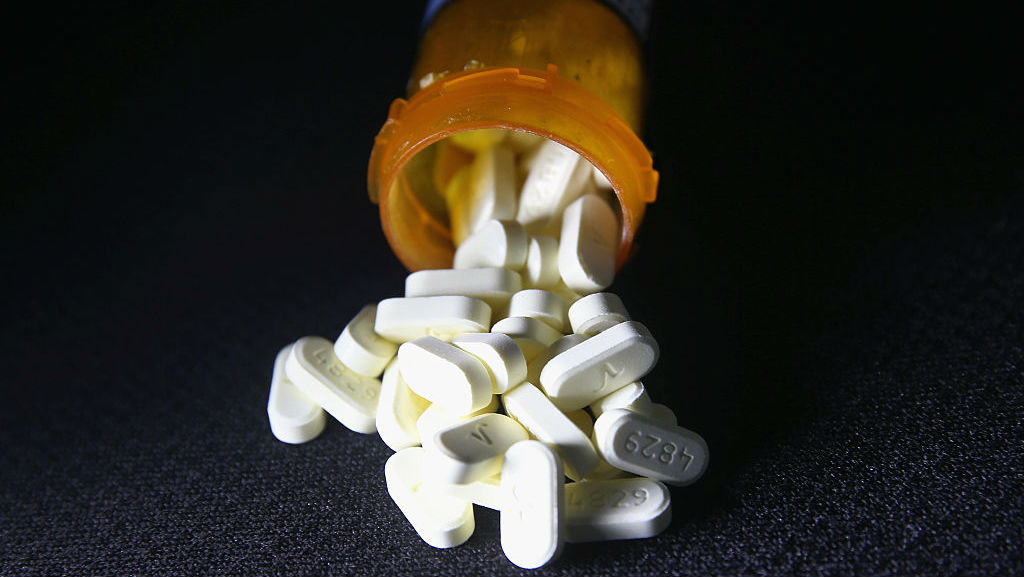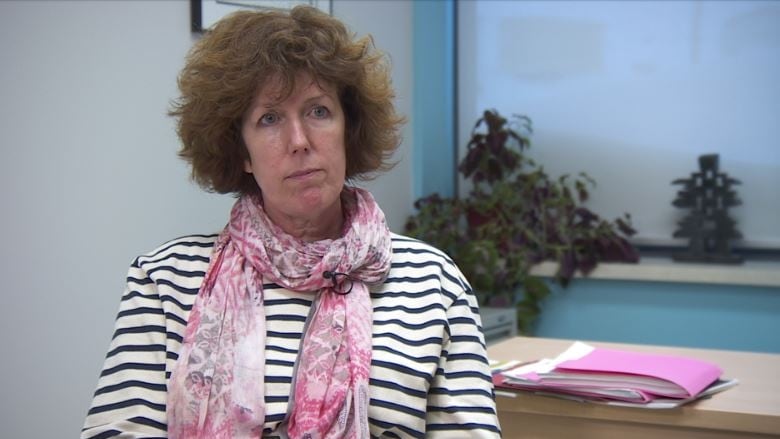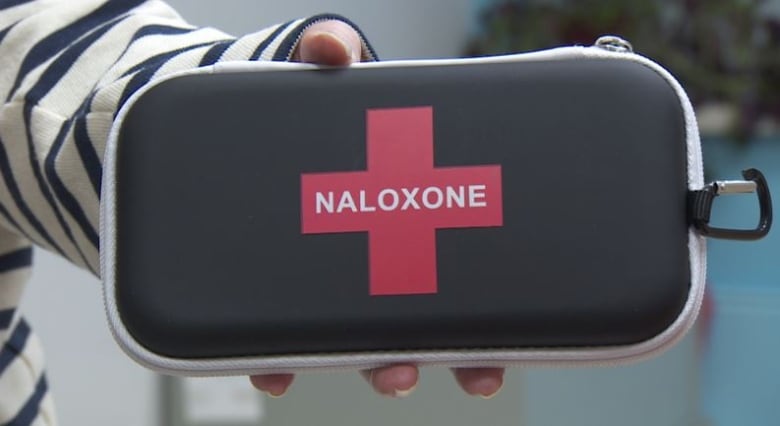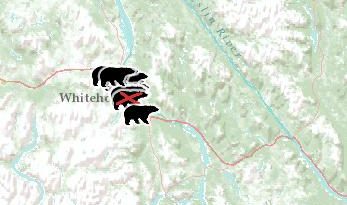No opioid crisis in Canada’s eastern Arctic

Fentanyl has made it to Nunavut, but officials say that unlike the rest of Canada, it’s nowhere near a crisis.
There have been fewer than five cases of illegal fentanyl use reported in Nunavut, and the territorial government won’t release details for those cases, citing privacy reasons.
But Donna Mulvey, Nunavut’s director of pharmacy, says she isn’t aware of any deaths related to the drug or of any recent cases.

Nunavut’s remote location is partly responsible for the low use of the drug, and the rate of intravenous drug users in the territory is also low, Mulvey explained
But people are creative in getting drugs, she said, so the territory has prepared for the possibility of the painkiller showing up in the illegal market.
Fentanyl is a synthetic opioid with a high risk of death by overdose. It binds to opioid receptors in the brain and can slow a person’s heart rate and stop their breathing.
Nunavut RCMP and health centres have Naloxone — the temporary antidote — on hand.
Antidote available for free
Nunavummiut can get a Naloxone kit and training on how to use it for free by visiting their local health centre, the hospital or public health building.
“We don’t force people to identify themselves, so your mother, your cousin, your friends — they can come in and they don’t even have to say who it’s for,” Mulvey said. “It’s completely anonymous and it’s completely free.”

Nunavut offers the injectable Naloxone for free, but those with health insurance plans through work or elsewhere can check if their plan covers the more expensive nasal spray, which is what the RCMP carries.
Naloxone treats opioid overdoses and works fast, but it also wears off quickly, so those being treated with it should get to a health centre quickly.
The kits include two doses of Naloxone in case it takes a longer time to get to help.
“Naloxone is a very very safe medication. I don’t want to but I could take a dose right now and I would be absolutely fine. I’d be unlikely to even feel it,” Mulvey said.
Mulvey says drug users can also take precautions.
“The main thing is you shouldn’t be ever using narcotics alone. The side effects and fatalities happen very quickly. So if you’re going to — obviously [I] discourage the illicit use of medications — but if you’re going to, be with company,” she said.
Because of how fast the drug works, drug users with Naloxone kits may not be able to treat themselves, so someone else should be aware of where the kit is and if narcotics are being used.
It could also be used to treat children who accidentally take a family member’s medication, which Mulvey says is a good reason for more people to have the antidote on hand.
Related stories from around the North:
Canada: Canada’s substance use costs per person highest in Northern territories, study shows, CBC News
Finland: Finland’s alcohol consumption declines by 15%, Yle News
United States: Alaska’s drug problem worsening as police resources strained, Alaska Public Media



